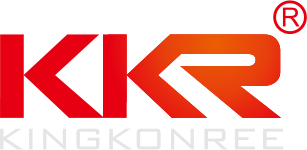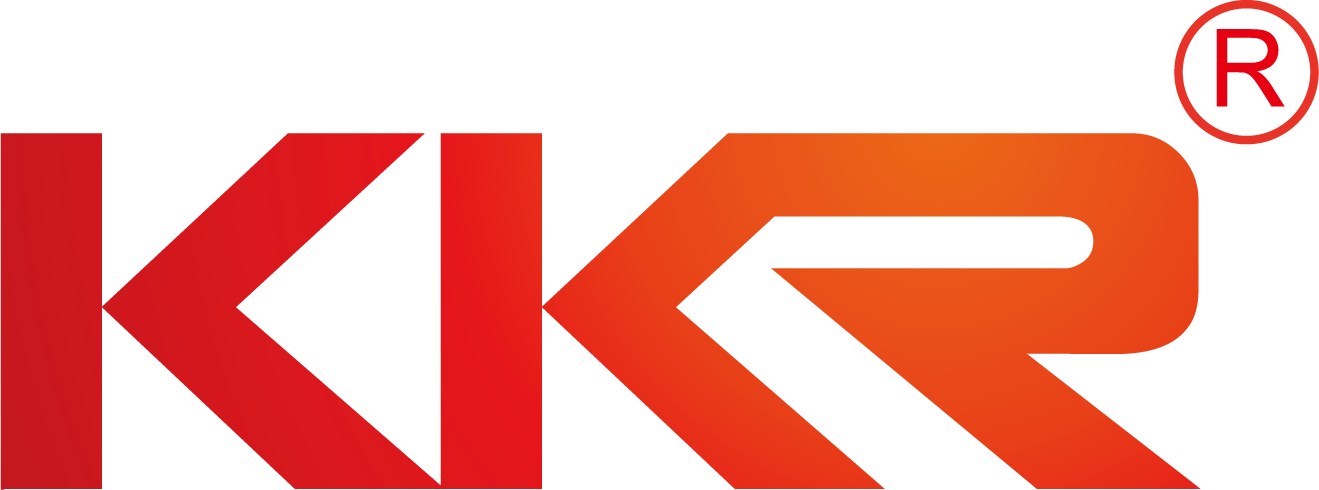 KingKonree - Solid Surface Manufacturer of Sanitary Ware, Solid Surface Countertops & Sheets for over 25 years, innovation in moulding and thermoforming
KingKonree - Solid Surface Manufacturer of Sanitary Ware, Solid Surface Countertops & Sheets for over 25 years, innovation in moulding and thermoforming
Smart bathroom is expected to usher in the peak of development in the next few years
Under the tide of smart homes, modern technologies such as electronic control, digital and automation have been applied to the sanitary ware field. Toilets, shower rooms, bathtubs, bathroom cabinets and other products have achieved varying degrees of intelligence. Among them, smart sitting The toilet is particularly typical. Relevant data shows that the penetration rate of smart toilets in Japan is close to 90%, the penetration rate in South Korea is more than 60%, and the penetration rate in mainland China is less than 2%. A person in charge of a participating company revealed that the number of smart toilets in China is very low. In 2014, the domestic market sold less than 300,000 units. 'In 2015, thanks to the promotional effect of the'toilet cover blog', the internal sales are estimated to be 800,000. Around the station'.
'In the next few years, smart sanitary appliances are expected to usher in a peak of development in our country.' At the establishment meeting of the Intelligent Sanitary Appliances Professional Committee of the China Household Electrical Appliances Association held recently, Jiang Feng, chairman of the China Household Electrical Appliances Association, said As a sunrise industry related to people’s livelihood, smart bathroom appliances are currently in a critical period of rapid market development.
“At least 400 million toilets are waiting for us to install products.” Wu Liang, general manager of Panasonic Electric Housing Equipment (Hangzhou) Co., Ltd., who participated in the conference, believes that smart toilets and other smart bathroom appliances have Broad market space. Smart toilets have obvious effects in inhibiting the recurrence of hemorrhoids and treating constipation. With the improvement of people's living standards, the awareness of health and hygiene is increasing, and related needs are rising. At the same time, kitchens and bathrooms have gradually become the focus of home decoration, and consumers' purchasing power for upgraded bathroom products has become stronger. It is estimated that if the promotion is effective, the market size of smart toilets in my country will not be less than 10 million units per year in the future.
From the perspective of foreign market performance or industry development trends, smart bathroom appliances can be called the 'blue ocean' of the new market. However, the development of smart toilet covers in the domestic market is not smooth. The product has been 'latent' in China for 20 years, and now it is unexpectedly popular because of the strokes of the well-known financial writer Wu Xiaobo, making the participating companies feel the difficulty of popularization.
In fact, products such as smart toilets are still in the market introduction period in my country, and large-scale popularization is facing many obstacles. First of all, market awareness is low, and consumer awareness needs to be cultivated. In an online survey of some 'post-80s' and 'post-90s' consumers, 65% of the respondents did not know that there are smart toilet products, and 91% of the respondents said that they would not or temporarily do not plan to buy , Only 9% of respondents said they would buy in the future. Many entrepreneurs participating in the conference believed: “The design of smart toilets to replace toilet paper with water is a subversion of traditional habits. It may be difficult to accept in a short period of time in my country. However, practice also shows that once consumers accept it, New habits will be formed. Therefore, consumption guidance is very necessary.'
Secondly, the traditional channel layout also restricts the promotion of related products. At present, the main channel of smart toilet sales is the building materials market, which is basically oriented towards 'newly decorated' customers. This is tantamount to confining the target consumers to the incremental real estate market and turning them into a niche product, far away from the numerous consumers in the real estate stock market. In order to further open up the market, some companies have begun to actively explore in the sales of smart sanitary ware, from 'selling building materials' to 'selling electrical appliances
Thirdly, product standardization, modularization and generalization need to be promoted. In particular, it is necessary to solve the problem of installation size and adaptation rate between the smart toilet lid and the toilet. At present, there are a large number of standards involving smart toilets, and a unified and complete standard has not yet been formed. The production standards adopted by various enterprises are different, and the national standards and industry standards are different because of the different units that are formulated and managed, and there are also contradictions and constraints.
In addition, the status quo of the domestic market has the problem of uneven product quality. Some brand products have a high repair rate and after-sales service is not guaranteed, which has also aroused many doubts among consumers. People of insight in the industry are worried that as smart toilets enter the public's field of vision, there may be a phenomenon of 'going fast' in this field. If manufacturers only want to make quick money and ignore product quality and after-sales service, they will inevitably dampen the enthusiasm of the market and make the industry repeat the same mistakes that air purifiers have 'only fired for a while'.
'At the critical moment of industry development, only when we work together and face opportunities and challenges together can we seize business opportunities and enable the industry to achieve rapid development.' Lehua Ceramics, Shunde District, Foshan City, Guangdong Province has limitations Yan Bangping, general manager of the company's Wrigley Sanitary Ware Division, expressed the common aspirations of the majority of enterprises.
Jiang Feng said that the Intelligent Bathroom Appliance Professional Committee will actively promote the formulation and revision of industry standards, and promote products to be included in the national compulsory CCC certification catalog as soon as possible; strengthen industry self-discipline, standardize competitive behavior, and strengthen consumption guidance; promote the industry Technological innovation, improve product quality and stability, and improve the integration of product installation and construction.
Company Info
Address:Room No. 2408-2508, Building 5A, Longguang Jiuzuan, Longhua District, Shenzhen, China
Zip Code: 518131
Tel: +86 (0)755-82875700
Fax: +86 (0)755-82875921

